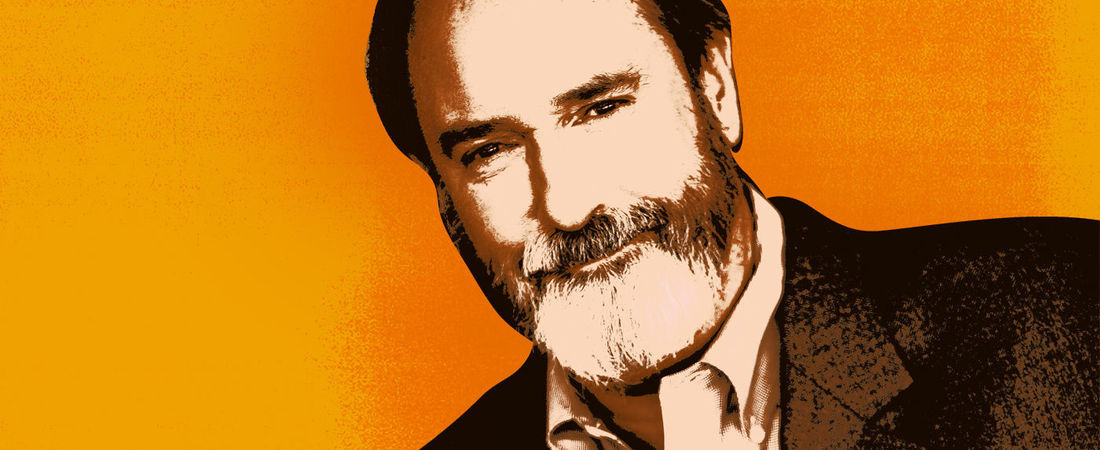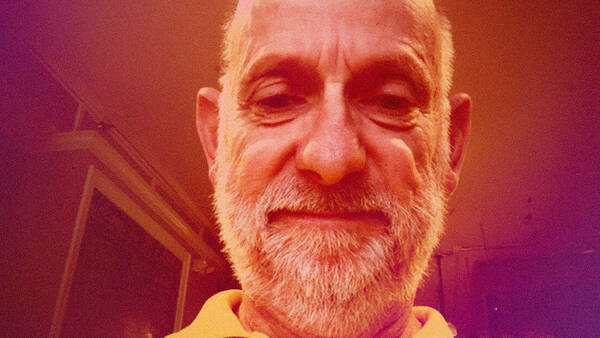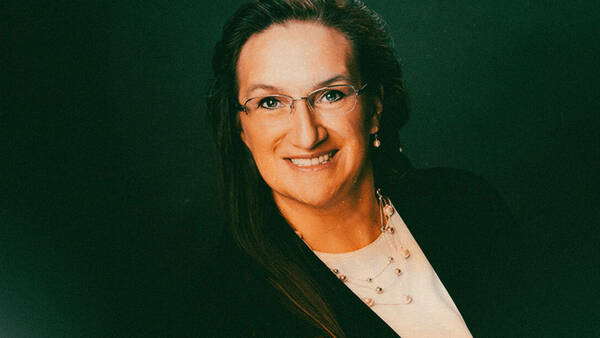John Dacey ’73 has a clear mission.
The Phoenix-based attorney, who has spent most of his career on various legal aid and Medicaid cases, wants to abolish private prisons.
It’s a big task—one he hopes will lead to a case before the United States Supreme Court—but Dacey’s vision, much like his mission, is unambiguous.
“If everything went according to plan,” he says, “we would file a single lawsuit in federal district court in Phoenix and challenge the actions of government in delegating incarceration—the punishment function of government—to the marketplace, and challenge the validity of the laws that allow it.”
In 2015, Dacey started a nonprofit with a name as straightforward as its goal: Abolish Private Prisons. Last August, he left his private law firm to focus on the nonprofit full time.
But before 2011, Dacey did not even know private prisons existed. During a six-month sabbatical from his firm, Gammage and Burnham, an old friend asked if Dacey would volunteer to mediate lawsuits filed by people in Arizona prisons against the state’s Department of Corrections. He accepted, and as he began to research for this new pro bono work, he first encountered the concept of private, for-profit prisons.
“I had no idea they existed, and as soon as I read the words, at a visceral level, I thought, ‘Oh, this can’t be. This is the government’s responsibility,’” Dacey says. “So I decided to look into it, and I spent a lot more time reading about them. And the more I read, the more I became convinced that this was a modern form of slavery—that incarcerating people for profit was just a horrible idea. In turning over incarceration to the marketplace, government has abdicated a responsibility that belongs to government alone and created huge financial incentives that sustain our societal addiction to mass incarceration. Taking away an individual’s liberty should never have any relationship to corporate profits.”
Since then, Dacey has dedicated himself to putting together a legal challenge to the constitutionality of private prisons. But for him and those who have joined his mission, the issue goes further than that.
“It’s not just a constitutional issue for us. It’s a moral question,” he says. “It’s about what kind of a country are we, what kind of a country are we going to be? Are we really going to put these perverse incentives into our criminal justice system?”
Those perverse incentives, Dacey says, lead prison corporations to prioritize shareholder profits over criminal justice and taxpayers’ interests.
“Private prisons are like hotels. They get paid to have their beds full. And they spend a lot of money lobbying to get their beds full and to keep them full,” Dacey says. “An inmate who stays for a long time is more valuable to a prison corporation than one who gets out quickly. And an inmate who fails on return to their community and comes back to prison is more valuable than one who successfully re-enters their community.
“These incentives are perverse. We have to do something about it. This is treating people as human inventory. It’s a violation of human dignity.”
Since founding the nonprofit, Dacey has had to focus more time on fundraising and development than actually compiling his legal challenge. Abolish Private Prisons has one staff attorney, and plans to grow its legal team as it continues to compile its case.
“The constitutional issues are complex, and it takes some serious legal research and writing, which is why we’ll be doing some serious fundraising to grow our legal team,” Dacey says.
Brown vs. Board of Education, the landmark school desegregation case, provides a good model for the type of case Dacey hopes to bring to federal court, he says. And while he hesitates to predict exactly when he will file the challenge to private prisons, he hopes it will be soon.
“The issue will be before the Supreme Court at some point,” he says. “And sooner is better, because in our view, incarceration for profit and the embedding of other profit motives in criminal justice, is a cancer in our legal system that jeopardizes the very legitimacy of criminal justice.”
And this cancer, Dacey says, is spreading.
“It’s spreading not only in terms of the growth of the number of prisoners in the United States housed in private facilities, it’s spreading globally,” he says. “And the prison corporations are creating subsidiaries to go into for-profit probation, parole, bail, ankle bracelets, community corrections, selling specialty services to police.”
All of this creates a sense of urgency that motivates Dacey to push forward with fundraising, legal research and writing and recruiting more people to his cause.
“The time to do something about it is now,” he says, “not when this industry becomes too big to fail, when government becomes so dependent on the private sector that perhaps some judges lack the courage to make the kind of ruling that’s necessary.”
Dacey has brought his mission back to Notre Dame several times, giving presentations for the Center for Social Concerns over the past few years. He says his work focuses on a specific criminal justice issue, but connects to the broader social justice aims of the University and the center.
“It’s not disconnected to the bigger issues of mass incarceration and the people most affected by that, in this sense,” he says. “If government can no longer use private prisons, then they have to look at different issues, such as, ‘Should we really be putting this many people in prisons?’”



